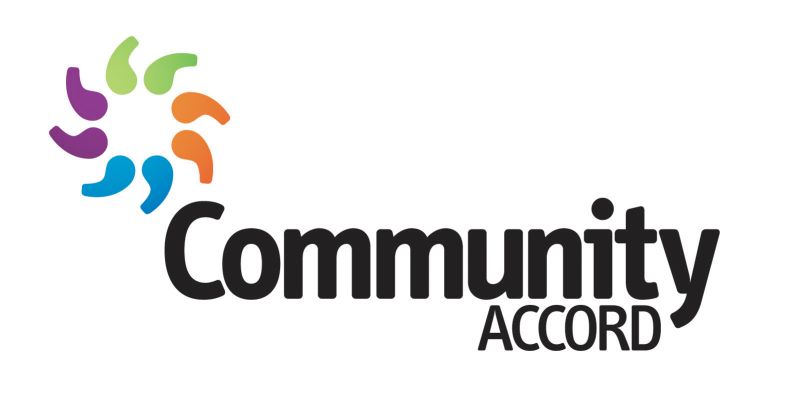🧭 What is a MIAM?
A MIAM is your first step in exploring whether family mediation is right for you. It’s a confidential, one-to-one meeting with a qualified family mediator, lasting around 45 to 60 minutes. You may bring a friend or family member for support, though they won’t take part in the discussion. The other party will be invited to attend a separate MIAM.
Legal Requirement
If you’re planning to apply to the Family Court for orders relating to children or finances, you are legally required to attend a MIAM first, unless an exemption applies (e.g. domestic abuse, child protection concerns, or urgency).
Even if court isn’t your goal, a MIAM is a valuable opportunity to:
- Understand your options
- Learn about mediation and other ways to resolve disputes
- Decide whether mediation is safe and suitable for your situation
🗣️ What Happens at a MIAM?
During your MIAM, the mediator will:
- Listen to your concerns and gather background information
- Explain how mediation works and what it can help resolve
- Explore other dispute resolution options (e.g. arbitration, collaborative law)
- Conduct a safety and suitability assessment
- Answer your questions and help you decide your next steps
If mediation is appropriate and both parties agree to proceed, a joint session will be arranged. If not, the mediator will issue a MIAM certificate confirming your attendance, which you can use to apply to court.
🤝 Joint Mediation Sessions
Joint sessions typically last 90 minutes. Most families reach agreement within 2 to 3 sessions, depending on the complexity of the issues.
Your mediator will:
- Facilitate respectful dialogue and ensure both voices are heard
- Help identify key issues and explore practical solutions
- Support constructive exchange of information and ideas
- Provide legal and procedural information (but not advice)
- Encourage informed, child-focused decision-making
- Signpost to independent legal or financial advice if needed
Once agreement is reached, the mediator will draft a written summary (e.g. a Parenting Plan or Memorandum of Understanding).
👶 Child Inclusive Mediation
Children often feel left out of decisions that affect them. Child Inclusive Mediation (CIM) allows children (typically aged 10 and above) to speak directly with a specially trained Child Consultant Mediator, in a safe and confidential space.
- The child meets the mediator separately from both parents
- Sessions last around 45 minutes
- The child shares their views and experiences, which may help shape future arrangements
- Parents remain responsible for decision-making, and children are never asked to choose sides
CIM is voluntary and only takes place with the child’s consent and both parents’ agreement.
📞 Ready to Take the First Step?
If you’re considering mediation or need a MIAM certificate to proceed with a court application, we’re here to help. Contact Community Accord today to book your MIAM or learn more about our family mediation services.





